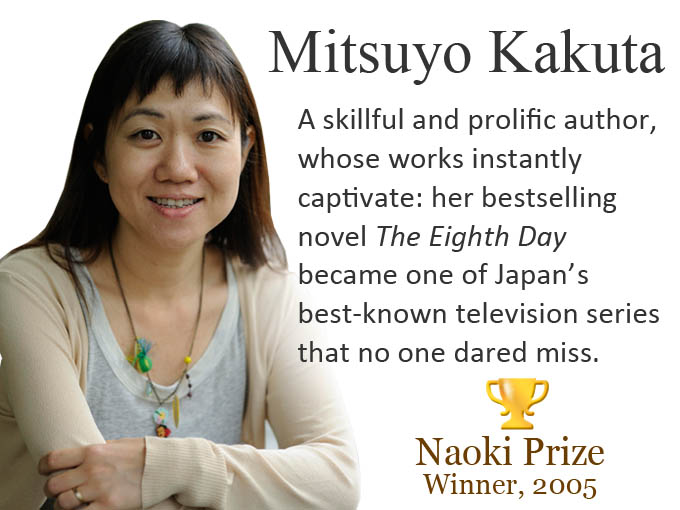- Prizes
Despite being rivals for the Nobel Prize, Kawabata and Mishima were friends[UPDATED: 2-25-2018]
Yasunari Kawabata (1899-1972) became the first Japanese winner of the Nobel Prize in Literature in 1968, ahead of Yukio Mishima (1925-1970) who was nominated more than once for the prize and throughout the 1960s was considered a very strong candidate.
The two men first met in 1946 when Mishima, a brilliant student considered the best or one of the best nationally, was still a student at Tokyo University before he joined the Ministry of Finance on graduation in 1947.
Mishima was looking for support and contacts in the world of publishing to get his short stories published and Kawabata kindly offered to help when Mishima turned up at his house. Subsequently, Kawabata wrote a highly supportive preface to Mishima’s novel Theieves, published in 1948, a novel about a young couple that kill themselves on their wedding night. The novel was not a major critical success and did not gain much if any attention.
However, the encounter eventually led to the publication of Mishima’s first full-length major novel Confessions of a Mask, the following year in 1949, which quickly established him as a major literary talent and the literary wunderkind of his generation; by that time he had already quit his job, after nine months at the ministry, to concentrate full-time on creative writing with the hope of becoming a well regarded professional author.
Kawabata played an important role throughout Mishima’s life at very key moments: formally introducing Mishima to his future wife Yuko, after Kawabata’s adopted daughter had been briefly thought of as a potential bride by Mishima: and also giving the eulogy at Mishima’s funeral after he dramatically killed himself. He also had a formal role at Mishima’s wedding in 1958 at International House in Tokyo.
According to an article in The New Times published the day after his death, Harold Strauss, his long-time editor at Alfred Knopf, said: “Mishima was torn apart by the Japanese transition” and “had one foot in the past and one in the future. He was able to articulate this change as no other Japanese novelist was able to do. Older writers such as Yasunari Kawabata can write only of the past and younger writers such as Kobo Abe can write only of the present.”
Mishima was also a close friend of Kobo Abe (1924-1933) considered by some to be Japan’s Kafka. Unlike Mishima and Kawabata, who died two years after Mishima having gassed himself, Abe died in hospital after a brief illness of heart failure.
The two men first met in 1946 when Mishima, a brilliant student considered the best or one of the best nationally, was still a student at Tokyo University before he joined the Ministry of Finance on graduation in 1947.
Mishima was looking for support and contacts in the world of publishing to get his short stories published and Kawabata kindly offered to help when Mishima turned up at his house. Subsequently, Kawabata wrote a highly supportive preface to Mishima’s novel Theieves, published in 1948, a novel about a young couple that kill themselves on their wedding night. The novel was not a major critical success and did not gain much if any attention.
However, the encounter eventually led to the publication of Mishima’s first full-length major novel Confessions of a Mask, the following year in 1949, which quickly established him as a major literary talent and the literary wunderkind of his generation; by that time he had already quit his job, after nine months at the ministry, to concentrate full-time on creative writing with the hope of becoming a well regarded professional author.
Kawabata played an important role throughout Mishima’s life at very key moments: formally introducing Mishima to his future wife Yuko, after Kawabata’s adopted daughter had been briefly thought of as a potential bride by Mishima: and also giving the eulogy at Mishima’s funeral after he dramatically killed himself. He also had a formal role at Mishima’s wedding in 1958 at International House in Tokyo.
According to an article in The New Times published the day after his death, Harold Strauss, his long-time editor at Alfred Knopf, said: “Mishima was torn apart by the Japanese transition” and “had one foot in the past and one in the future. He was able to articulate this change as no other Japanese novelist was able to do. Older writers such as Yasunari Kawabata can write only of the past and younger writers such as Kobo Abe can write only of the present.”
Mishima was also a close friend of Kobo Abe (1924-1933) considered by some to be Japan’s Kafka. Unlike Mishima and Kawabata, who died two years after Mishima having gassed himself, Abe died in hospital after a brief illness of heart failure.

